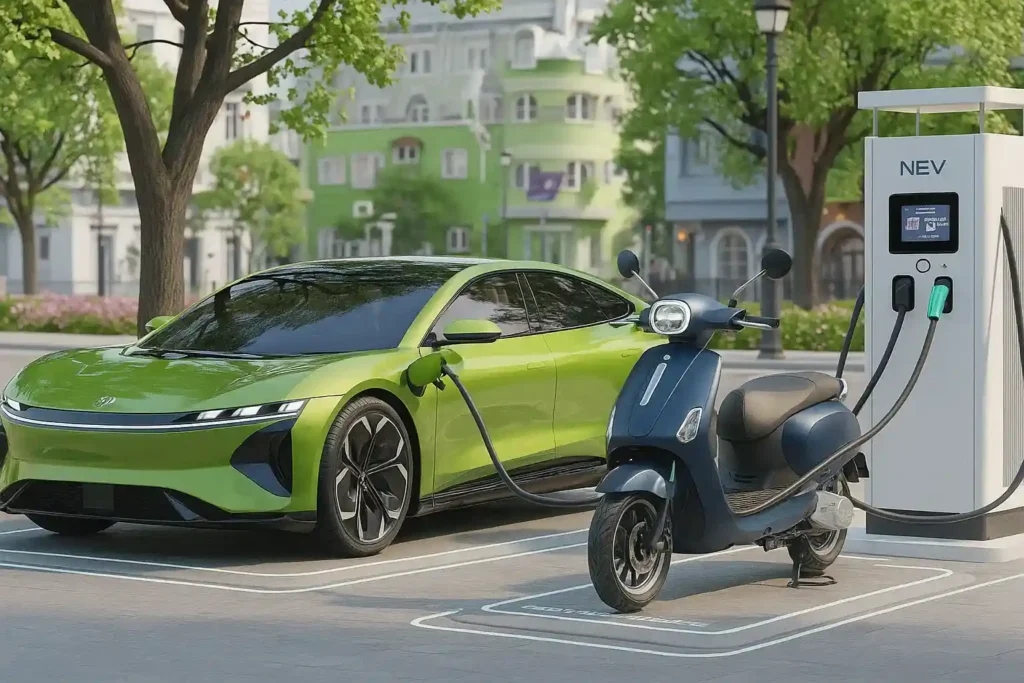Pakistan’s newly implemented Electric Vehicle (EV) Policy is projected to save $1 billion annually by reducing oil imports and promoting clean mobility.
The development was discussed during a meeting of the National Assembly’s Standing Committee on Finance, chaired by Syed Naveed Qamar, where officials highlighted the economic, environmental, and fiscal benefits of EV adoption.
According to the Secretary of Industries and Production, the IMF has endorsed the EV policy, approving $1.4 billion in financing, while the IFC pledged $1.8 million for infrastructure development. Currently, Pakistan has over 76,000 electric vehicles, with several global manufacturers planning to establish local production plants.
Under the policy, buyers of electric motorcycles will receive an Rs. 80,000 subsidy, and the charging rate has been reduced from Rs. 92 to Rs. 39.7 per unit. The government also plans to set up 3,000 charging stations nationwide by 2030, targeting 30% EV sales share in new vehicle registrations.
Officials estimate that widespread EV adoption could cut healthcare costs by $450 million annually, thanks to reduced air pollution and improved public health outcomes.
